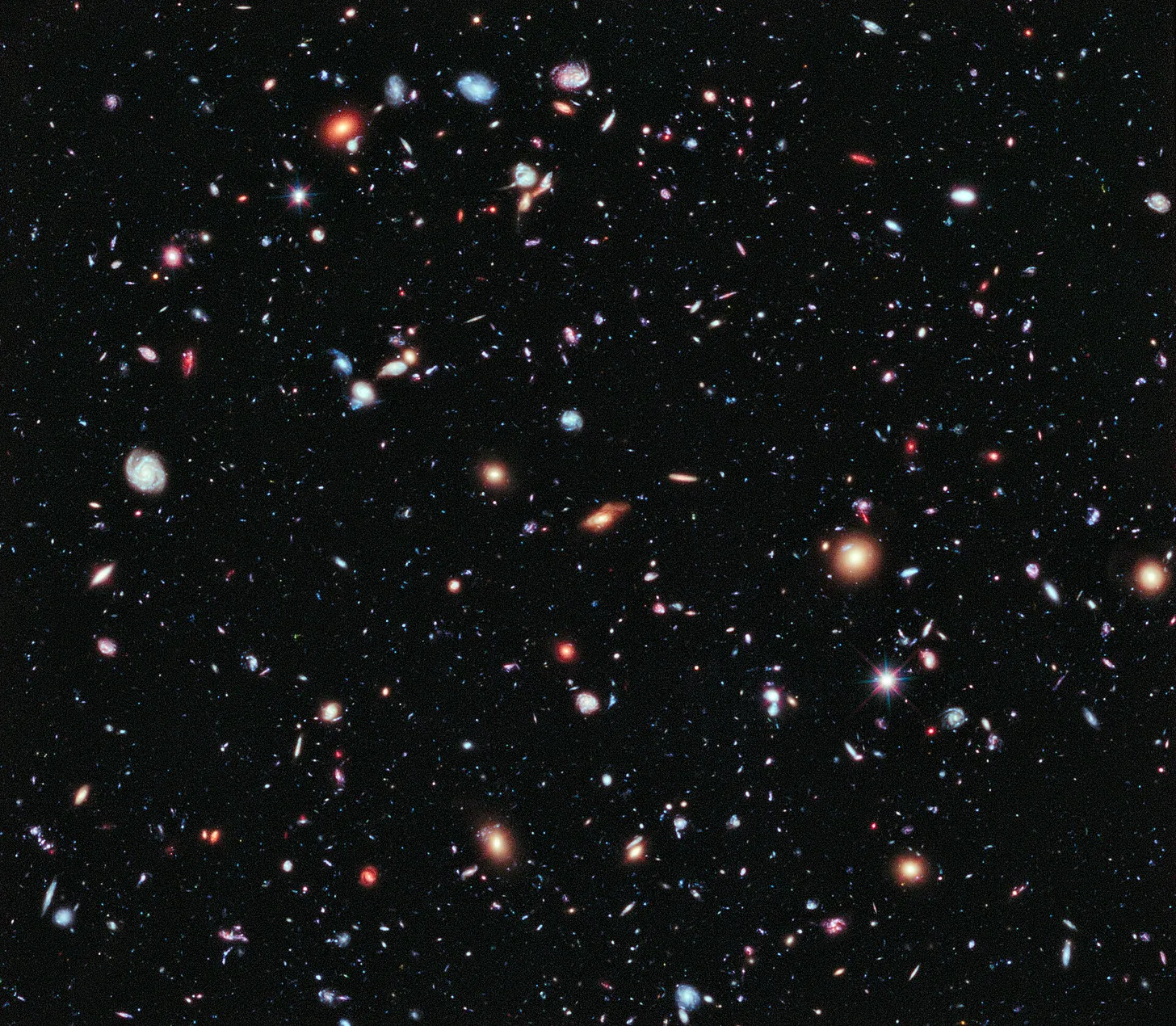- Hemant Mehta on a new wave of atheist content creators;
- Scientific “groupthink” is a myth, an effect of how our fundamental theories are extremely successful;
- Richard Dawkins can’t understand how Tom Holland and his readers believe ancient legends and myths are literally true;
- (My comment: especially when they don’t trust modern media to get yesterday’s news right);
- Short items about Reagan, Grokipedia, living on military bases, nuclear weapons, those Aryan posters, predator pastors, and Trump’s agenda.
Let’s give Hemant Mehta his due when he says his post today is an important one. (Why? Because he’s trying to be positive, instead of relentlessly negative in reporting about the religious shenanigans going on every day in the world.)

Friendly Atheist, Hemant Mehta, 30 Oct 2025: How the American Humanist Association is empowering a new wave of atheist content creators, subtitled “A quiet experiment could redefine how secular voices reach millions online and revive a movement that’s lost momentum”
A few months ago, I was given the Humanist Media Award from the American Humanist Association. Rather than speak directly about my own work, I used my time to highlight a growing concern I’ve had about the broader atheism movement.
(There’s a video of the event cued to the Hemant’s acceptance of his award.)
Here was my argument in a nutshell: Church/state separation is obviously under serious attack right now by the forces of Christian Nationalism. Scientific research is being defunded while prominent voices in the Republican-dominated government perpetuate pseudoscience and the whitewashing of history. Public education is being replaced with religious indoctrination. We don’t even have shared facts anymore. There’s never been a greater need for rational, evidence-based thinkers. That used to be our thing!
I’ll also quote his next paragraph…
But books about godlessness, which helped spur the “New Atheism” movement decades ago, don’t get much attention anymore, no matter who’s writing them… and many of the most famous atheists in the country—Richard Dawkins, Bill Maher, etc.—have a host of problems in their own right.
…to make the point that the ‘reality-based community’ is not monolithic; there are disagreements among them (us). Maher, for example (whose show I’ve begun watching) is not uncritical of the left with its focus on identity politics, especially transgender rights; Dawkins has defended biology over such identities. I’d rather not discuss it, and I’ve avoided those issues, though I’m more on their side than I am on Hemant’s.
After more general talk, Hemant highlights several young people doing good work:
- YouTuber Alyssa Grenfell, an ex-Mormon with over 525,000 subscribers;
- Darante’ LaMar, a former pastor who now deconstructs the Bible for his 60,000+ subscribers, all about how people can be good without God;
- Drew McCoy, who goes by Genetically Modified Skeptic. With over 800,000 subscribers, he routinely gets hundreds of thousands of views on each of his long, thoughtful videos.
That’s Drew in the photo above. There are links to sample videos for all three.
\\\
Let’s stay on this reality-based theme for a bit.

Big Think, Ethan Siegel, 30 Oct 2025: Groupthink in science isn’t a problem; it’s a myth, subtitled “Scientists are notoriously resistant to new ideas. Are they falling prey to groupthink? Or are our current theories just that successful?”
Key Takeaways
• Whenever a new idea comes around, scientists are quick to pounce on any problems it may have and any conflicts that it has with already-existing data. • To the public eye, this might look like scientists are succumbing to groupthink and an unreasonable resistance to any new ideas. This isn’t the case at all, however. • It’s precisely the success of our current theories in the face of extraordinarily precise and diverse lines of evidence that make them so powerful. The accusations of “groupthink” are merely a myth.
I’ll quote a bit.
It’s often said that the great arc of science always bends toward the truth, but sometimes it takes an awfully long time to get there. Around 500 years ago, there was really only one scientific phenomenon that was, without controversy, extremely well-understood: the motion of the celestial objects in the sky. The Sun rose in the east and set in the west with a regular, 24 hour period. Its path in the sky rose higher and the days grew longer until the summer solstice, while its path was the lowest and shortest on the winter solstice: part of the annual cycle. The motions of the stars also exhibited a similar 24 hour period, as though the heavenly canopy rotated throughout the night. The Moon migrated night-to-night relative to the other objects by about 12° as it changed its phases, while the planets wandered according to the geocentric rules put forth by Ptolemy and others.
Many who study science often ask themselves, “How was this possible?” How did this geocentric picture of the Universe go largely unchallenged for so long: for over 1000 years? There’s a common, but untrue, narrative that certain sets of scientific dogmas, like the Earth being stationary and the center of the Universe, could not be challenged. But the truth of why a theory like geocentrism could hold sway for so long is far more complex. The reason the geocentric model beat back all challengers for so long wasn’t because of the problem of groupthink, but rather because the evidence fit it so well: even better than any of the alternatives, such as heliocentrism.
The biggest enemy of scientific progress isn’t groupthink at all, despite the commonness of this accusation. Instead, the culprit is how successful the leading, established theory already is at explaining what we can observe.
This suspicion that science is prone to group-think, of course, comes from those who want to discredit science. Ironically, it seems to me, it’s the religious who are prone to group-think, never changing their minds about anything, because they *know the truth.* While in science, current theories are simply “those as yet not disproven.” Everything in science is provisional, but many of the fundamental theories in science, from cosmology to evolution, are now so well-established that it would be foolish to doubt them. And yet, honestly, every scientist is open to disconfirming evidence. As I’ve mentioned before, far from science being a group-think, every scientist would welcome ironclad evidence that a prevailing theory was wrong, because they could present that evidence to the world and establish their reputation for all time. Not to mention a Nobel Prize. Scientists are just as competitive as everyone else.
\\\
I captured this link earlier this month, but haven’t posted it until now.

The Poetry of Reality, Richard Dawkins, 9 Oct 2025: But is it true? (Let’s hear it for reality)
He discusses Tom Holland and his book DOMINION, Jordan Peterson, and Ayaan Hirsi Ali.
Tom Holland’s book Dominion is much touted these days by those proclaiming a “Christian revival”. He is described by his publisher as a historian. This historian reports (Page 145) that, in 492 AD, the archangel Michael alighted on Mount Gargano, in Italy, and proclaimed himself its guardian. “Further wonders soon followed. Overnight, inside the cave discovered by the errant bull, an entire church appeared, and then the mysterious imprint in marble of the archangel’s feet.” A bull, we were told at the beginning of the chapter, had been shot at with poisoned arrows by the owner of the cave, but the arrows turned around in mid flight and hit the cave’s owner instead. On the next page, the historian records that in 589, a snake the size of a tree trunk washed up on the bank of the Tiber.
This well-written book is crammed full of similar accounts of events which, the author knows full well, never happened. Presumably he relies on his readers to understand that they never happened. Nobody capable of reading a book is fool enough to think that an entire church could suddenly materialise out of nothing overnight. But Holland relates other events which might have happened, or might not. In such cases we who are not historians rely on the historian to guide us. But how do we know whether to trust his word on events which might have happened, given that he states as facts events which certainly did not happen.
This is one of those baffling things that I realized in my teens or twenties. How can people believe those stories in ancient books are literally true? Because — they don’t believe that anything in mainstream media is true! News reports written the day after the event must be biased, the true believers think. Whereas stories from thousands of years ago, surely transferred verbally over hundreds of years before they were written down, and then translated over and over again over centuries, are literally true!? Their excuse is that God did it, God informed the translators, yadda yadda. Nonsense; that’s an excuse to not think.
Dawkins understands how human nature works.
My purpose in this short essay is to blow the trumpet for facts. Reality. Is it true? Did it really happen? I’m not denigrating myths, legends, parables, metaphors, symbols, allegories, fiction, human comfort. All have value. All I’m asking is that we should make a clear distinction between those good things and factual truth. Let’s hear it for reality.
\\\
Most of today’s political items can be summarized, thus:

- Salon, Heather Digby Parton, 30 Oct 2025: MAGA has consigned the Reagan Revolution to “the ash-heap of history”, subtitled “Trump’s reaction to Ontario’s anti-tariff ad reveals how fast a movement can be toppled” — Reagan used to be a conservative god.
- Vox, Adam Clark Estes, 30 Oct 2025: Elon Musk made his own Wikipedia. What could go wrong?, subtitled “What the billionaire’s new encyclopedia tells us about the future of knowledge.” — “More than anything, though, Grokipedia represents another front of Musk’s war on wokeness and another example of Musk taking a thing that works — in this case, Wikipedia — creating a broken version of it, and declaring the battle won.”
- The Atlantic, Michael Scherer, Missy Ryan, and Ashley Parker, 30 Oct 2025: Top Trump Officials Are Moving Onto Military Bases subtitled “Stephen Miller, Marco Rubio, Kristi Noem, and others have taken over homes that until recently housed senior officers.” — …Really..? Why would that be?
- The Atlantic, Tom Nichols, 29 Oct 2025: Trump Is Very Confused About Nuclear Weapons, subtitled “The president says he wants to resume nuclear testing but doesn’t seem to know why.” — Trump doesn’t know what he’s talking about, as usual.
- The Bulwark, 30 Oct 2025: What We Choose to Nazi, subtitled “The Department of Labor is posting Heroic Realism propaganda. What, exactly, are they telling us?” — More about those Ayran posters.
- JMG, 30 Oct 2025: Assemblies Of God Shielded Multiple Predator Pastors — Religious morality!
- JMG, 30 Oct 2025: DOE To Declare Workers At LGBTQ And Liberal Nonprofits Ineligible For Student Loan Forgiveness — Elementary logic: “the Trump administration’s agenda” is not aligned with the existence of the LGBTQ+ people.





